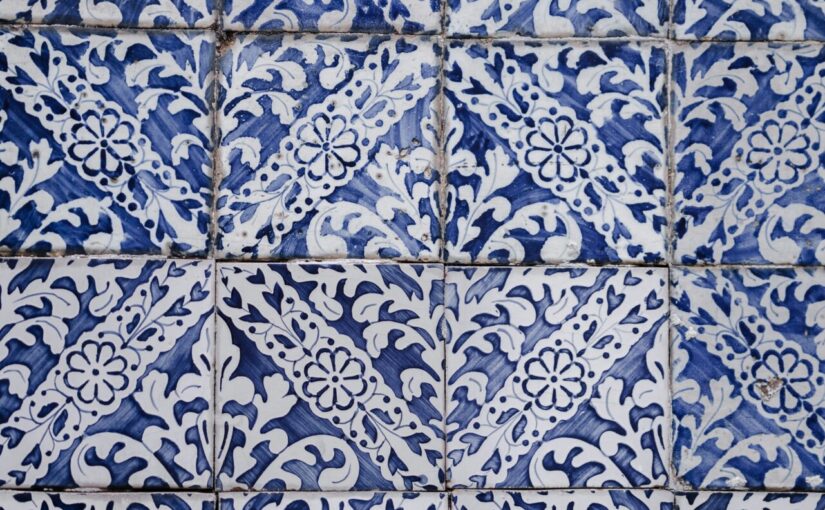Field of study in Wageningen: Bsc Biology
Study period exchange: 08/02/2023 – 19/06/2023
Country (exchange): Portugal
City (exchange): Lisbon
University (exchange): University of Lisbon
Faculty (exchange): Faculty of Sciences
2. Motivation for exchange
Why did you choose to go on study exchange?
One of the reasons I wanted to follow a semester abroad, was to have the opportunity to form a knowledge base influenced by different learning styles, information sources, and cultures.
What is the reason you chose for this country/university?
I want to specialize in Marine Biology, and this university has many courses in that field. Additionally, the city is located close to the ocean, which makes it beneficial for field work.
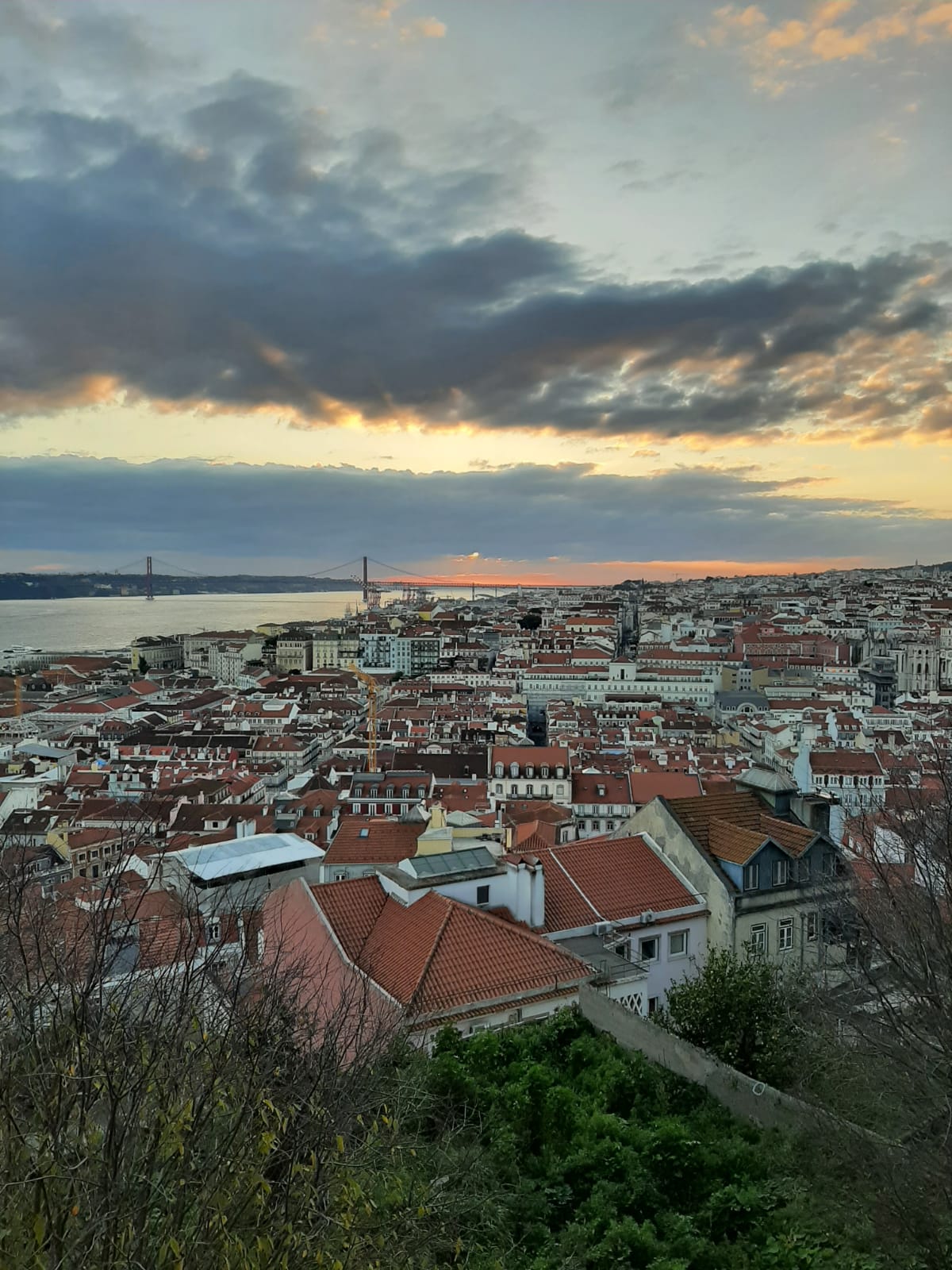
3. Accessibility to reach destination
Do you have any tips to reach your exchange destination?
I went by car, but the cheapest, fastest, and easiest way to reach this destination is by airplane.
4. University and studying
Could you provide some general information about the followed courses?
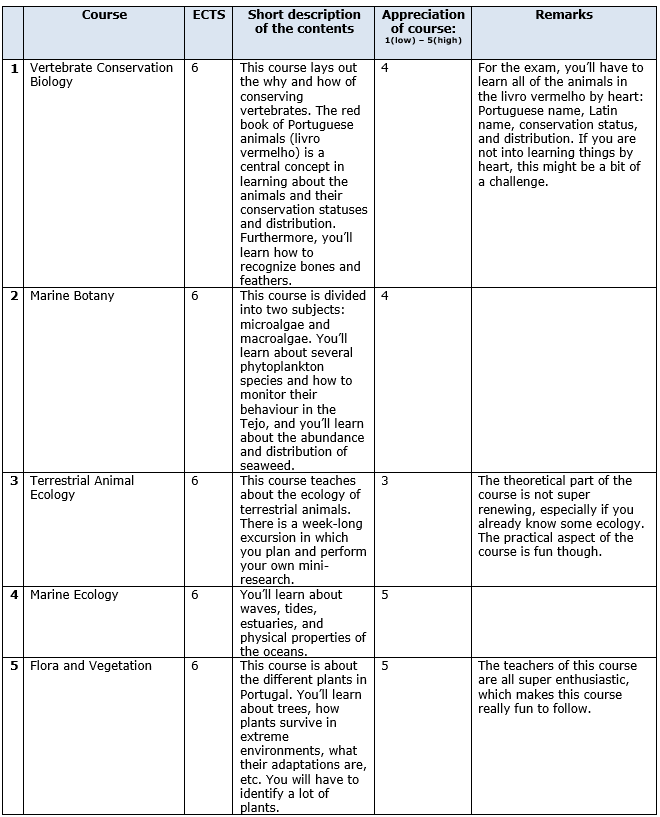 How is the study formalized?
How is the study formalized?
The semester is 5 months. This means that in the beginning, the workload is really low, and in May, the workload is really high. All the courses have their deadlines at the same time, which is a bit annoying. The materials are all available from the university, so you don’t have to buy any books. There are a lot of field trips, which are also funded by the university. ` The exam period is in June and is divided over four weeks.
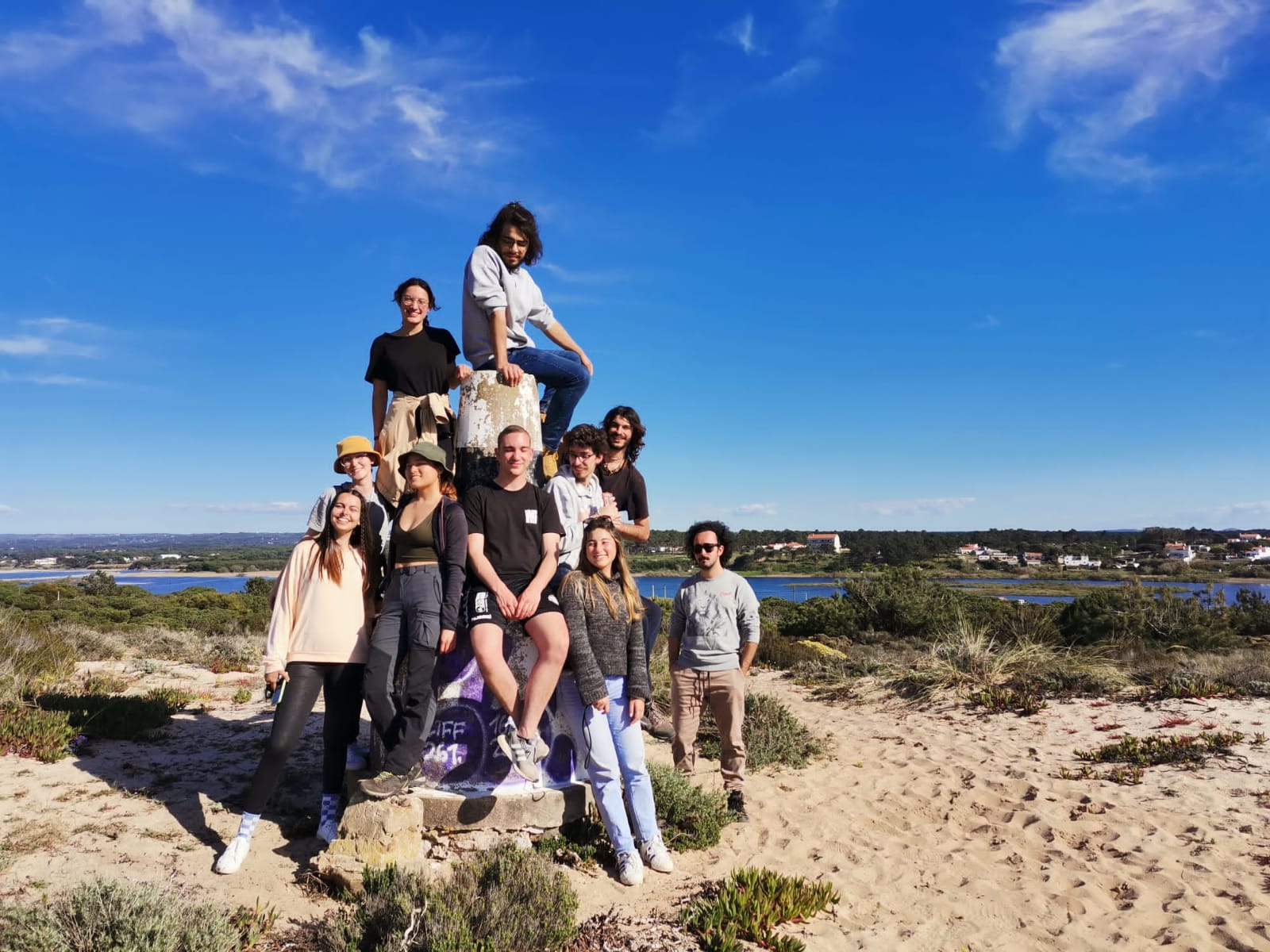
What is the culture of the university?
The people at the university are really nice and helpful. All the lecturers are approachable, although the relation between professor and student is a bit more formal than at the WUR. You call them professor, or teacher, not by their name, and it is not common to start discussions with them about the material they teach or ask further questions (even though they won’t be mad if you do, just a bit confused). The local students are very open to engage with foreign people, however, they are not used to talk in English. So whenever you hang out with a group, they will usually only speak Portuguese.
What does the university offer the student additionally?
The university has student housing for cheap, but you have to be quick to subscribe. They do not offer sports, this is separate from the university. They have warm meals for cheap at one of the buildings, and there are microwaves throughout the university to heat your lunch.
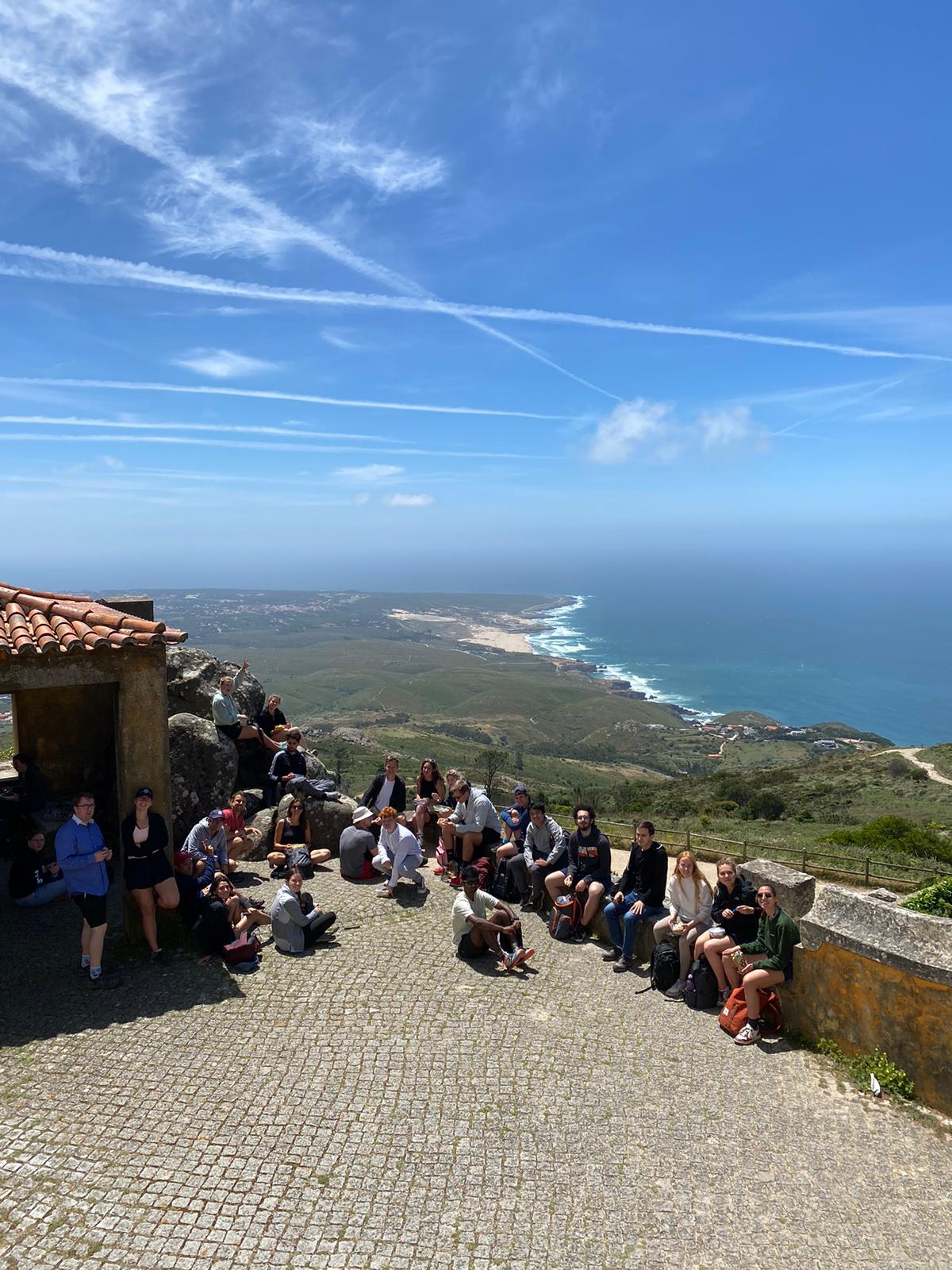
5. Housing-travelling-living
What are the possibilities for housing?
There is student housing, but you have to be quick to sign up. There is a bit of a housing problem in Lisbon, so start with searching pretty quickly. I signed up via a website that has short-term rentals, but you don’t know what the landlord will be like and it is expensive, so I wouldn’t recommend that.
What is the culture of the country like?
The people are really friendly, they eat warm lunch and dinner. There are really nice dishes, not that many vegetarian, but it is also not a problem to be vegetarian.
Could you give a general price indication of the place of residence compared to living in Wageningen?
Wageningen is cheaper, but it depends on what you find. I paid a lot more for a smaller room, further away from uni, but student housing is cheaper.
Could you give some information about public transport infrastructure?
There is a ticket, I think it is called Navegante, that you can buy at several big stations (Campo Grande/Marquez de Pombal) or at a special office. This ticket is 40 euros per month (you charge it every first day of the month) and you can travel with all public transport, including train, metro, ferry, tram, etc., in Lisbon and surrounding cities. There are big lineups to get this ticket, so it is best if you get there in the morning and take a book with you. It takes ten days to get the ticket from the stations or you can get it directly from the special office.
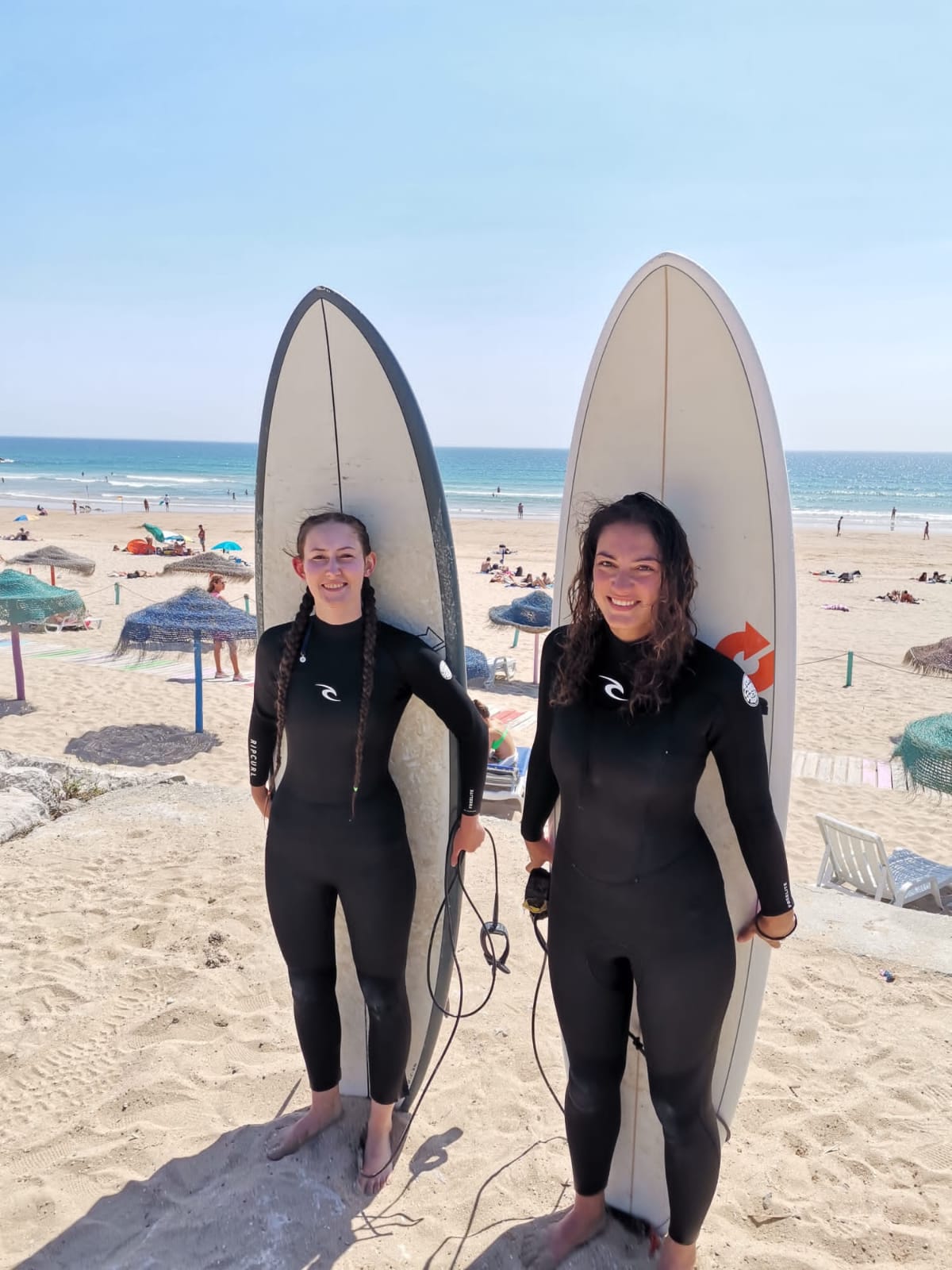
6. Free time
What are must-sees in the area?
In the city: São Jorge, Belèm, Alfalma, oceanarium Surrounding: Porto, Sesimbra, Sétubal, Cabo Espichel, and Arrabida. You can also check if there are surf competitions going on somewhere. They are fun to watch.
What does not appear in the travel guide, but is worth a visit?
Praia de Avencas is a really nice beach between Lisbon and Cascais. I liked it, because it is one of the least touristic beaches.
Do you have general tips and tricks about leisure time?
If you like going out late, Bairro Alto is the place to be. People buy drinks in the bar, but then go out on the street to drink. There are many beautiful miradouros (viewpoints) that you can visit. If you want to go shopping, go to Columbus at the metro station College Militar, it’s a very big shopping mall. If you want to go surfing, which I highly recommend, I would go to Costa de Caparica. The people at the surf school Dr. Bernhard are really nice, and it is pretty cheap, 15 euros for 2 hours.
7. Challenges & best moment abroad
What was a challenge you have experienced?
The language was the biggest challenge, I would say. My classes were in Portuguese, people are not very used to English, so they always talk Portuguese if there are other Portuguese people around. Many people talk to you on the street and not many people speak English. I had to learn the language pretty well to be able to keep up.
What was your best memory abroad?
I became really close friends with a group of students from my class. Three Portuguese, and one other Erasmus. We still chat almost every day over Whatsapp and we made plans to meet up again. I love how friendly the people are and how willing they are to help you.
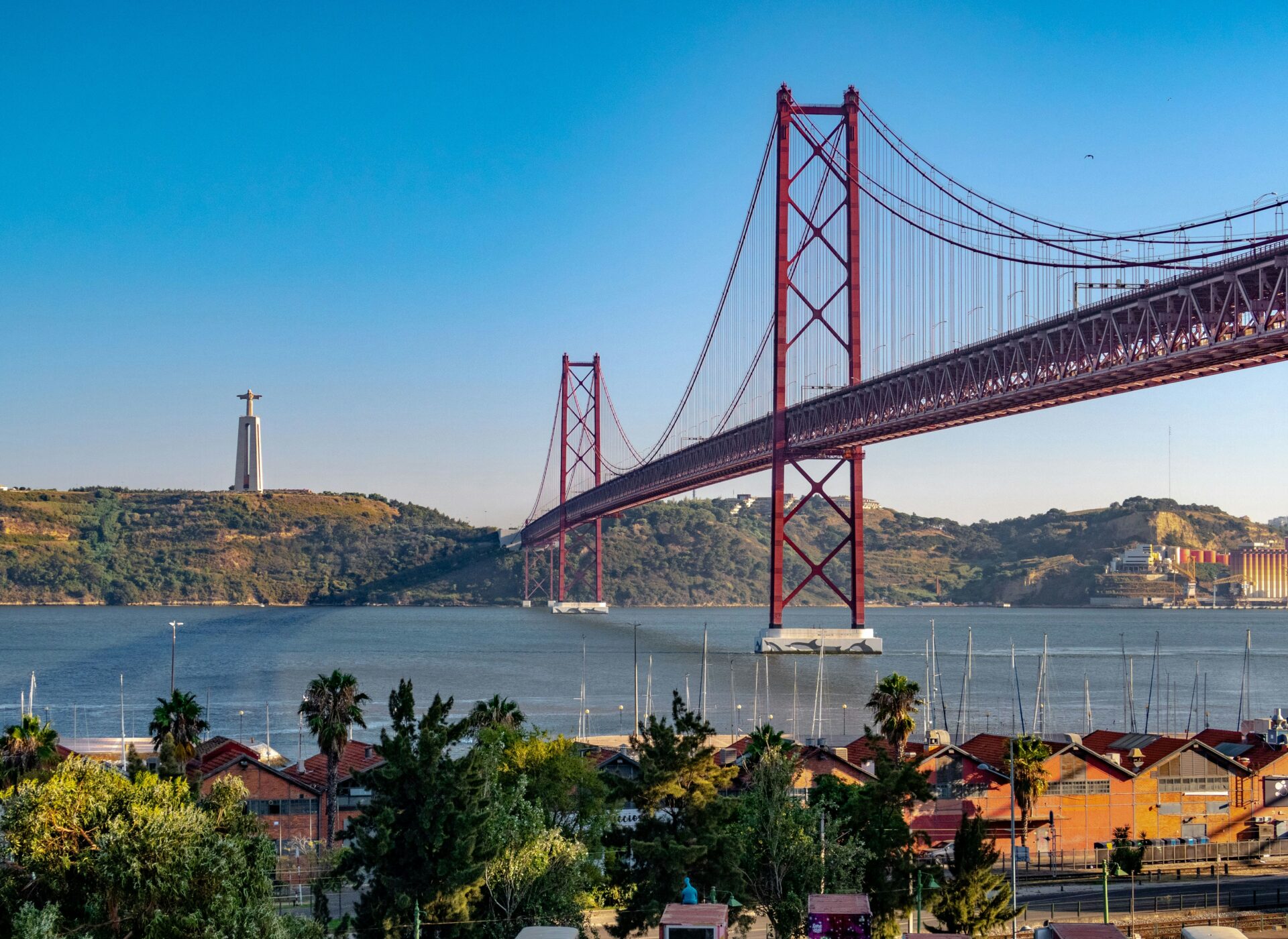
8. Contact Details
Would you like to ask Lynn more questions about her exchange?
Send her a mail: lynnvanboheemen@gmail.com

